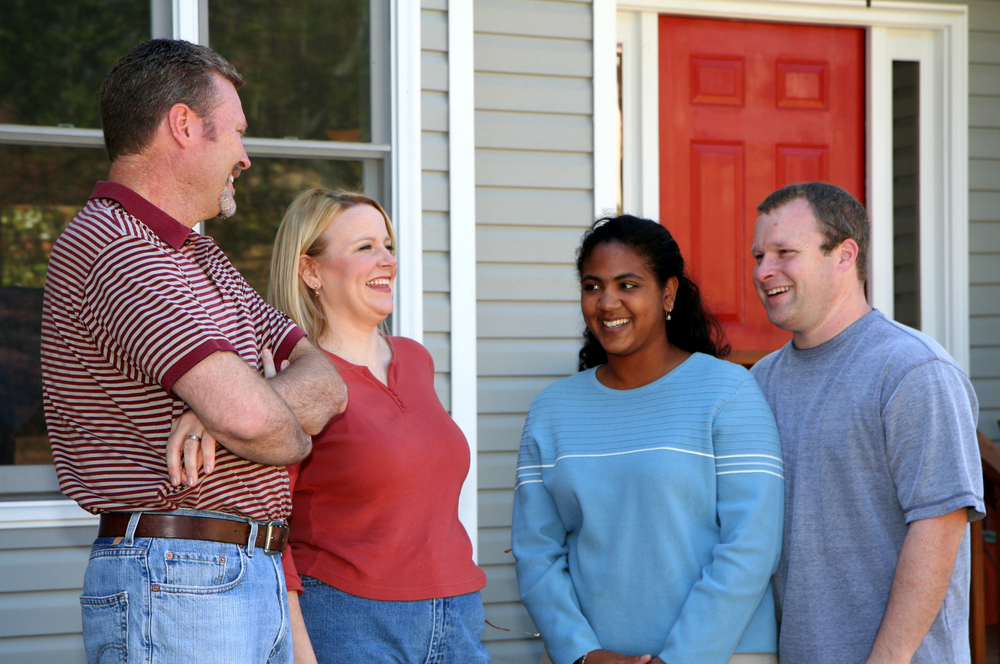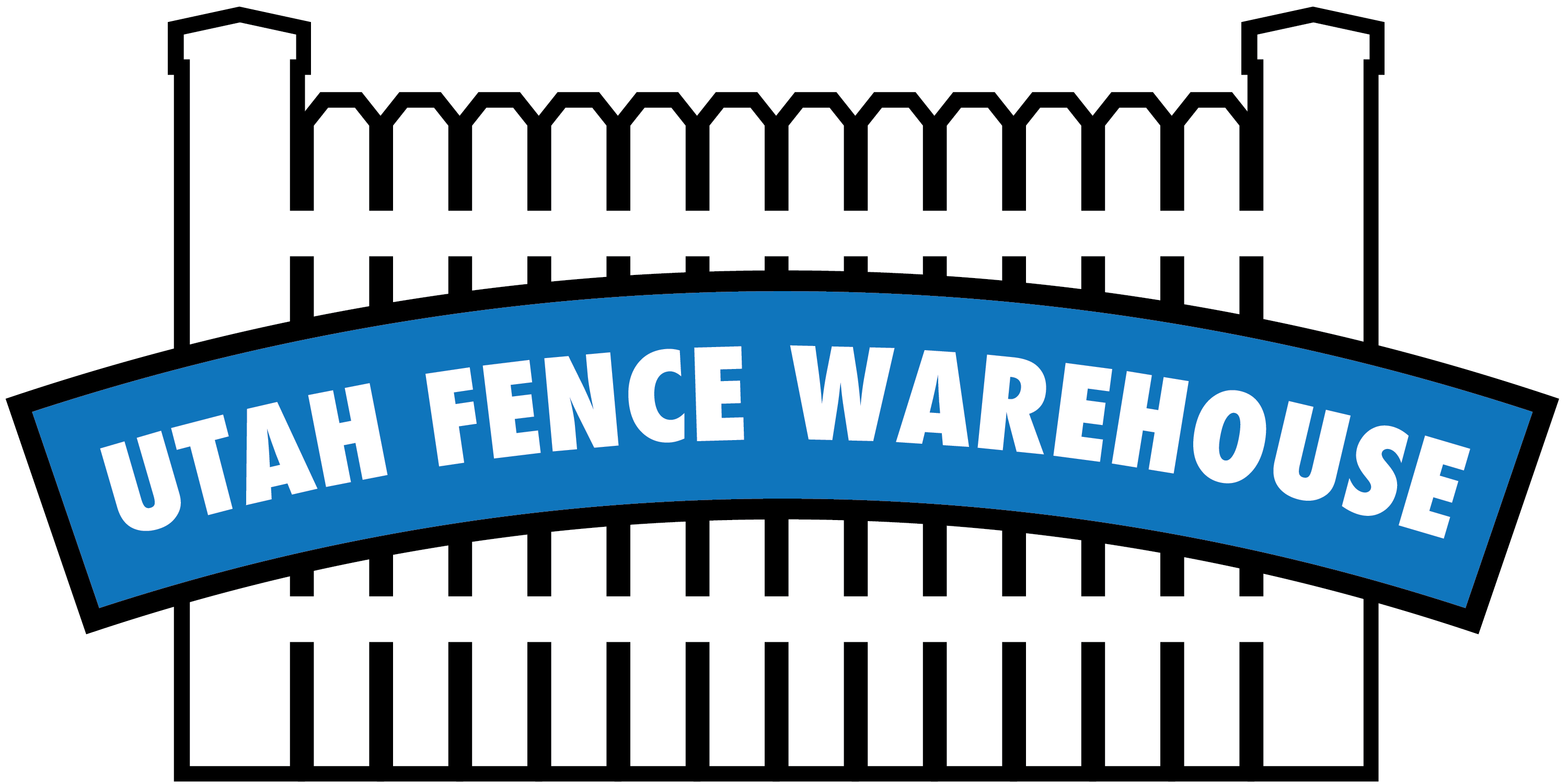Avoid squabbles with your neighbor: practice good fence etiquette. There are plenty of interesting dynamics between people who share property lines — sometimes you like your neighbors and sometimes you don’t. But you can help prevent disagreements when you build and maintain a quality fence … and observe some considerations beforehand.

Don’t Surprise Them
If your neighbor comes home from work one day and suddenly there’s a fence between your property and theirs, they’re not going to feel very good about their relationship with you. They may wonder why you decided to put up your fence and why you didn’t notify them in advance.
You can avoid any awkwardness and hopefully any disagreement over property boundaries when you discuss your plans with your neighbor before you begin to build. It’s better to be transparent and address their concerns now, rather than later, after the fence is already up.
Respect Boundary Lines
Even if your neighbor doesn’t seem to care about the exact location of your new fence, it’s more than good fence etiquette to pay attention to plot lines, and it’s good for you legally too. If your neighbor decides they don’t like the fence, you won’t have much recourse if it’s built on their property.
Build a Legal, Permitted Fence
“Good fences make good neighbors” is soundly true statement. If you’re investing time, effort and money to build a fence, make it a good fence. Make sure it’s built according to local code and your homeowners association’s regulations, if applicable. You don’t want your neighbors calling the town or the HOA office to complain. Observe height, color and material restrictions, and you’ll save yourself plenty of headaches going forward.
Finished Side Goes Outward
It’s good fence etiquette to place the finished side facing outward. Many homeowners think “I’m buying it — I should get the good side!” but in reality, it won’t look good if you build it this way. Not only is placing the rail side inwards polite, it’s in keeping with the norm. You can find fences that look the same on both sides if you’d like to find another solution.
Take Care of It
If you’re the one building it, it’s your job to maintain both sides. Your neighbor has no obligation to clean or repair fencing, even if it sits directly on the property line. Your neighborly fence etiquette should include regular fence maintenance and immediate repairs to any leaning or broken areas.
Utah Fence Warehouse has plenty of tips, tricks, guidelines and advice for homeowners looking for answers to questions about fence etiquette, and any other fencing topic. Contact us today for solutions!

